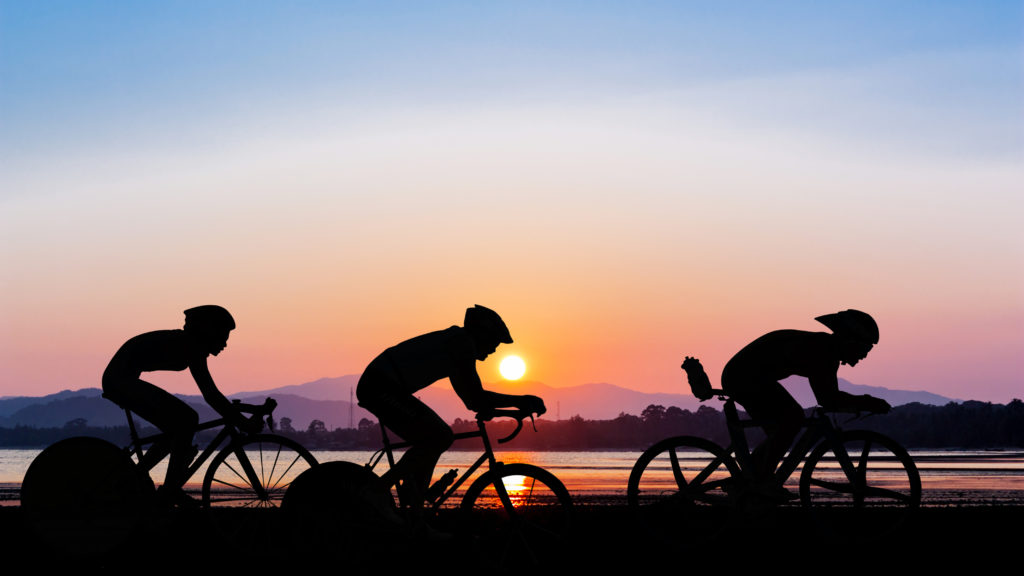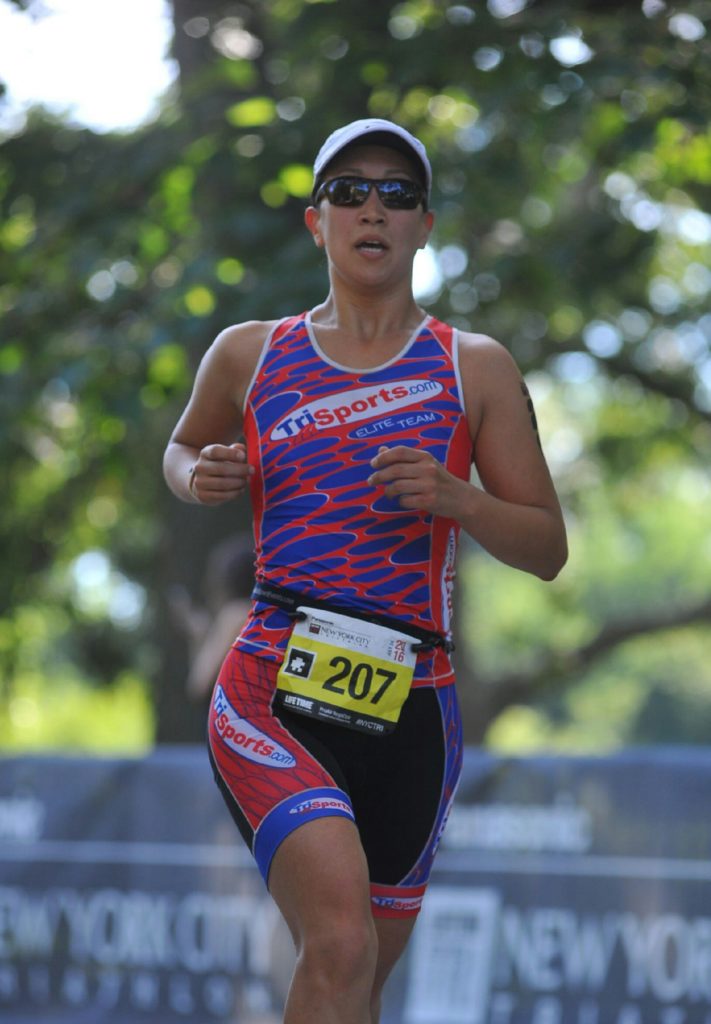Written by Keri Ouellette, TriSports Ambassador Athlete

The opportunity to travel and experience new places in a unique way is one of the greatest aspects of multi-sport racing, however, traveling with all the extra tools, gear and equipment required for a triathlon can make for a stressful weekend. When forgetting one piece of equipment or being five minutes late to check-in can end your race before it begins, it’s essential to be as organized as possible. Make your next race trip less stressful with these tips.
Plan (Way) Ahead
With many races selling out in just a few days or hours, most triathletes plan their racing season well in advance. It also makes sense to book travel plans as early as possible. Often, hotel reservations are fully refundable, so there’s no cost to booking in advance, and it’s worth it to have secured a room close to the race venue, rather than finding out at the last minute that there are no rooms available. Airline tickets are usually cheaper when booked further in advance, another perk to planning way ahead of time. If you can, plan to take time off work before and after the race. In addition to giving you extra time to prepare for the race and to relax after the race, traveling at off-peak times is usually much easier and often less expensive. A long drive or flight the night before a race will leave you drained for race day, and an extra day before the race will give you a cushion for dealing with unexpected travel delays (cancelled flights, traffic, weather, etc.). Similarly, a long trip home after a day of racing is no fun, very uncomfortable, and you miss out on the much deserved post-race beers.

Research Before You Go
The week leading up to your trip, plan the travel logistics and know where you need to go and when. Just as you would research the route and terrain for a race course, knowing the route for travel (if you’re driving), location of the hotel, race site parking and location of packet pick-up, all helps to make your trip and race prep go smoothly. In addition to planning out your route and schedule, consider other logistical issues. For example, make sure everything (and everyone) will fit in your vehicle, or, if you’re flying, check the airline regulations to ensure that you have a bike box or bag that is appropriate and will fit in the rental car. Review the amenities that are available where you’re staying (coffee maker, microwave, toiletries, etc.) so that you can pack any extra items you might need for a comfortable trip. Print out important information like athlete guides and directions to have on hand, just in case.
Don’t Forget to Eat
I don’t usually forget about food, but with the excitement and stress of race prep and traveling, I have found myself on the road to a race without enough snacks and no plans for a lunch break. I’ve learned my lesson, and now always travel with plenty of snacks and water. Like many triathletes, I’m picky about what I eat the day before a race, so mapping out meal stops if I’m traveling by car, or packing my own food is key to keeping my gut happy and ready to go on race morning. Planning ahead and making a reservation for your pre-race dinner is also a good idea, since restaurants in host towns are not necessarily prepared for the 5pm dinner rush the evening before a triathlon. For breakfast before a race, many triathletes like to stick to the same meal each time, but don’t forget to make sure that your accommodations have the right appliances and utensils necessary to prepare your pre-race meal. Don’t forget any family or spectators traveling with you need to pack snacks too. Share this Spectator’s Guide to Triathlon with your Race Sherpa(s) and cheerleaders going with you.
Get Organized
I can’t think of another sport that requires as many pieces of essential equipment as triathlon. For this reason, a triathlon-specific gear bag is essential in keeping track of all your gear. There are a variety of transition bag options available, that include features like expandable pockets for larger items (helmets and wetsuits), mesh pockets for wet stuff, water bottle holders and lined pockets for shoes. I keep a general packing list of all race day gear and refer to the same list when packing for each race. Each item has a specific place in my bag, so it’s easy to find on race morning (one pocket for nutrition, one for cap and googles, etc.). Whatever bag you choose, make sure it’s large enough to fit everything. If you have loose items, it’s too easy to forget something critical. When I’m traveling for a race, I like to keep all race equipment and clothing in my triathlon bag and all other non-race stuff in a separate bag so important items don’t get lost.
Each season, I try to choose at least one race that is someplace I’ve never traveled to before and make it a triathlon vacation. If you’re still on the fence about whether spending an entire day swimming, biking and running is a fun vacation, traveling with triathlete friends, enjoying the local culture wherever you travel and taking advantage of post-race, no-guilt ice cream bingeing (or whatever guilty pleasure you prefer) will convince you that there’s no better way to spend a weekend. Happy travels!
 About the Author: Keri Ouellette is a longtime runner and swimmer, as well as an age group triathlete for over six years. She recently moved to Portland, Maine, where she’s now training, racing, and trying out new winter sports.
About the Author: Keri Ouellette is a longtime runner and swimmer, as well as an age group triathlete for over six years. She recently moved to Portland, Maine, where she’s now training, racing, and trying out new winter sports.
